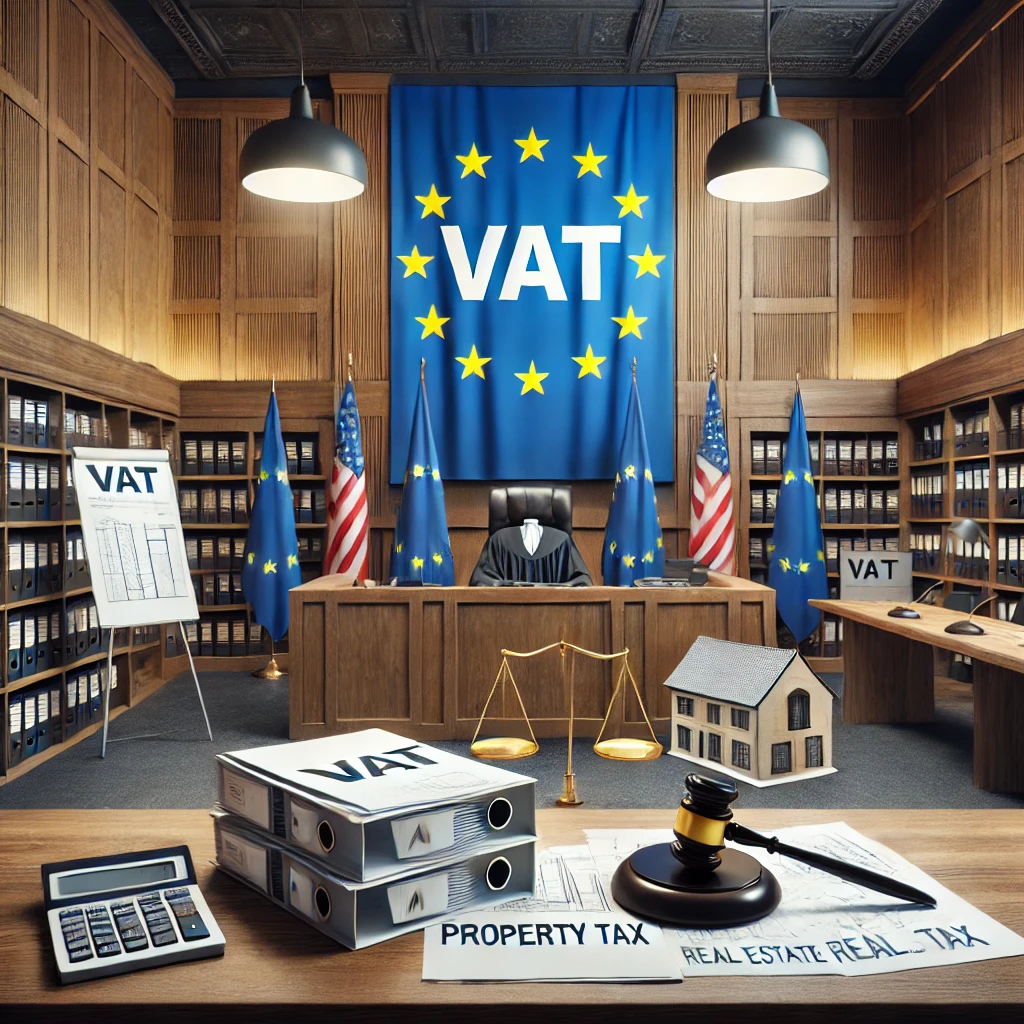Portugal: The European Court has issued a ruling on VAT for real estate transactions in Portugal | International Tax Review

The issue of VAT taxation on transactions involving Portuguese real estate, including rentals, has always been surrounded by uncertainty, primarily due to the lack of clarity regarding the requirements and the consequences of non-compliance. As a result, disputes on these matters have reached the Court of Justice of the European Union (CJEU), which recently ruled in favor of the taxpayer in a case concerning the limitation of the right to deduct VAT. Before delving into the details and implications of this ruling, it is important to consider the main characteristics of the VAT regime for real estate transactions according to Decree-Law 21/2007.
The sale of real estate in Portugal is generally exempt from VAT, unless the seller decides to waive this exemption. However, such a decision is only possible if both parties to the transaction are VAT payers in Portugal and certain subjective conditions are met. If the transaction is subject to VAT, the standard rate of 23% applies to the purchase price, and no stamp duty of 0.8% is required. Nevertheless, a property transfer tax of 6.5% will need to be paid.
VAT, if it is payable, is assessed and deducted by the buyer within the same periodic VAT report, which implies no cash payments. If in the future the property is used for non-taxable purposes, the VAT deduction must be adjusted, which burdens the taxpayer for a period of 20 years.
Regarding real estate rental, the landlord must waive the exemption from VAT, which is only possible when both parties are VAT payers in Portugal, and the tenant uses the rented premises for taxable operations, along with meeting other conditions. In this case, the standard VAT rate of 23% is applied to the rent, and no state duty is paid.
The refusal to opt out of VAT exemption by companies owning or renting out Portuguese real estate can be justified for the recovery of VAT related to construction or acquisition expenses, as well as current rental expenses. In case C-672/16, examined on February 28, 2018, the company Imofloresmira-Investimentos Imobiliários, engaged in real estate, decided to opt out of VAT exemption in the course of its activities related to the purchase, sale, rental, and management of real estate. However, it was assigned a significantly high tax due to some properties being vacant for more than two years.
The Portuguese tax authorities claimed that, despite the company's active promotion of vacant properties, it was necessary to adjust the incorrectly deducted tax (which could include VAT on acquisition or post-acquisition) concerning the vacant units. The Portuguese arbitration court, which offers an expedited dispute resolution process, referred the case regarding the recognition of this additional VAT to the CJEU, as there were serious doubts about whether the Portuguese value-added tax regime could deprive the taxpayer of an already acquired right to deduction.
The court clearly indicated that the VAT Directive should be interpreted as prohibiting any rules of Portuguese tax legislation that require the adjustment of VAT deductions based solely on the assertion that a specific vacant property is considered an unused taxpayer for the purposes of taxable transactions. The court also rejected the request to limit the temporal effects of its decision. As a result, this ruling paves the way for a more balanced interpretation of Decree-Law 21/2007 regarding vacant properties. This case may also be significant for other restrictive interpretations, such as instances where tax authorities limit the ability to request a waiver of VAT exemption only after a tenant appears who is willing to use the property.
The responsible specialists Tiago Cassiano Neves and Isabel Vieira dos Reis from Garrigues are ready to provide more information on these matters.You can contact them at the provided emails and phone numbers for a more detailed discussion.
Comment
Popular Posts
Popular Offers

Subscribe to the newsletter from Hatamatata.com!
Subscribe to the newsletter from Hatamatata.com!
I agree to the processing of personal data and confidentiality rules of Hatamatata








